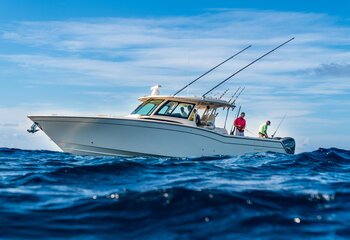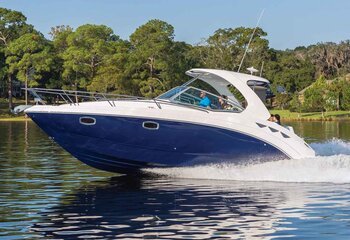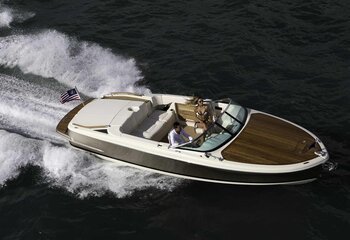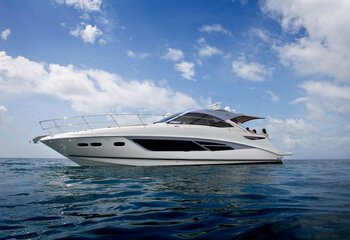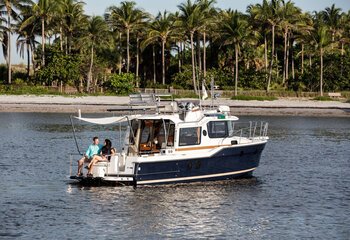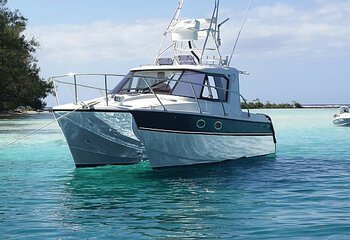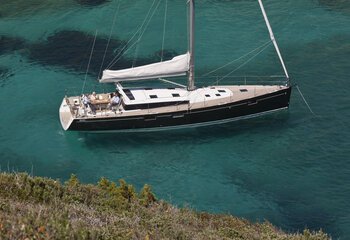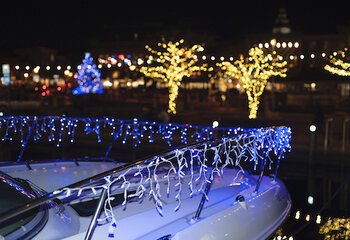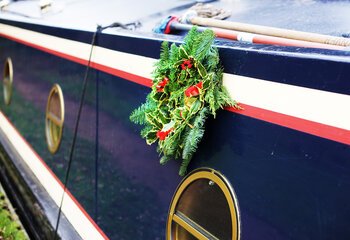Overnight Cruising
Spending the night on a boat can be a very rewarding experience. Do you dream of leisurely exploring the world beyond the shores, traveling to exotic ports or heading out for destinations unknown? Cruising can make those dreams a reality. Many people choose to cruise because they want to get away and have an adventure. For others, cruising represents the ultimate vacation on-demand. And a surprising number of people live on their boats full time, making their neighborhoods anywhere they choose to drop anchor. There are new sights, sounds and smells and a sense of excitement. Running (motoring or sailing) through the night is very different from sleeping aboard at anchor but some elements remain the same so let’s look at what each entails.
Best Overnight Boat Types
Overnight Boating - While Underway
Preparation Checklist
Before the sun sets, both the boat and the crew should be prepared for nighttime operations. If you’ll be moving, a checklist is helpful.
- The engine(s) should be in good working order and all navigation and communication electronics should be functional.
- Test the running lights and get the latest weather and tide report.
- Refresh the batteries in flashlights and headlamps.
- Put binoculars close to the helm and locate personal floatation devices (PFDs).
- Cold or hot drinks and snacks can make nighttime passages go quicker and appropriate.
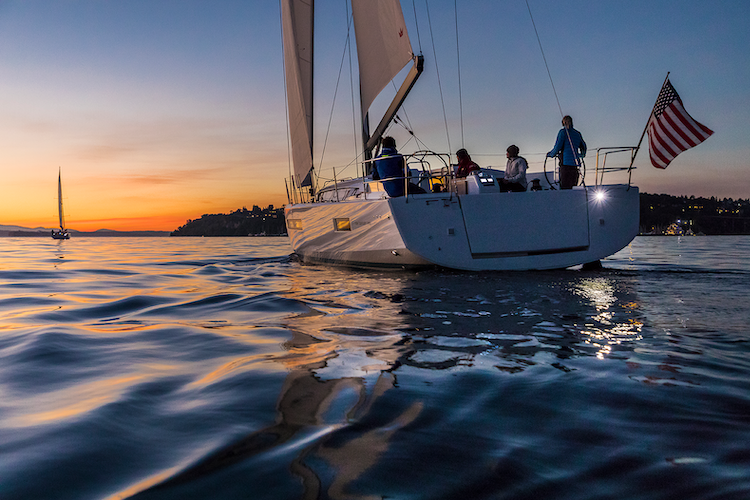
Rules
Set rules or night orders for the crew. For example, nobody is to leave the cockpit (or pilothouse) if only one person is on watch. You’ll want to set jack lines on deck to tether yourself in if you do need to work on deck. Agree under what circumstances to call the captain if he or she is off watch and resting.
Visibility
What makes boating at night so different is limited visibility. Distances are harder to judge, obstacles are difficult to see, and moisture and temperature changes create distortion. Running at night can feel like you’re moving around blind. You may consider running slower than in daytime and keeping an extra vigilant lookout with a full 360-degree scan of the horizon very 10-15minutes. Preserve your night vision, which can take 20 minutes to adapt back to darkness after a flash of light. Use flashlights with a red filter and keep light use inside the vessel to a minimum.
Standing Watch
Sleep deprivation affects decision-making and therefore safety so a system of watch standing is imperative. Under way in fair weather and with the assistance of an autopilot, most people can manage watches of several hours even at night. If the passage is rough however, it robs you of energy and watches need to be shorter.
When changing watch, discuss with the oncoming watch what transpired during your time. Has the weather or barometric pressure changed? Has traffic increased or the anchor dragged? Has the engine developed a sputter or has the bilge pump been running frequently? Discuss your position, course and distance covered if under way. Point out vessels on the horizon and give the new crew time to properly wake up. Confirm they’re ready for duty before leaving because they’re responsible for the ship and your life.
Sleeping Aboard a Boat
Anchoring
When spending the night on a boat in an anchorage, you should check that the anchor is secure and that there’s room to swing if the wind changes direction. Standing anchor watch may be necessary when there’s a question about the anchor holding or if a change in weather is expected. The individual on watch should take good bearings on their surroundings to monitor if the anchor has dragged.
How to Prepare the Boat for Sleeping Onboard:
- Walk around the boat with a flashlight to check for loose items on deck that can take flight in a gust of wind.
- Turn off unnecessary equipment to conserve battery power. Boats are notorious noise amplifiers and everything seems louder at night. A loose pen rolling around on deck can ruin sleep.
- Secure everything before bedtime because boats aren’t perfectly steady at night and gear will shift.
- If you wake during the night, check for any strange noise, unexpected light on the horizon, change of weather or even a different slap of water on the hull.
- If you’re overnighting with kids, make sure they don’t go on deck unaccompanied whether moving or anchored.
Comfort
Boating is a bit like camping but that doesn’t mean you can’t be comfortable at night. Good bedding helps. In hot climates, a sheet and pillow may be all that’s needed in your bunk (bed). For colder nights aboard, have extra blankets or a sleeping bag and an outfit that will keep you warm and dry. Screens on hatches keep mosquitos away or bring insect repellent. Sleeping with cabin doors open will help you hear what’s going on with the boat including if kids are up and about.
Overnight boating can be fun. All of the above sounds a bit ominous but you may find that the quiet of a nighttime passage or gently rolling while sleeping aboard is peaceful and special.
10 Steps for a Successful Boat Camping Trip
FAQs about Overnight Cruising
How do I anchor a boat for the night?
Overnight anchoring needs to be secure so you can rest. The anchorage should have plenty of swinging room (space for the boat to move with the wind). Good bottom structure includes mud or sand. Check anchor security by putting the boat in reverse while watching a fixed point on shore. If the point moves, your anchor has dragged so you’ll want to try again.
How do I beach a boat for the night?
Ensure that the beach is clear of rocks that can damage the hull. Beaching on sand, mud or grass is good. Set an anchor farther up the beach or tie off to a tree or rock. Be mindful of tides or your boat can be left high and dry in the morning.
